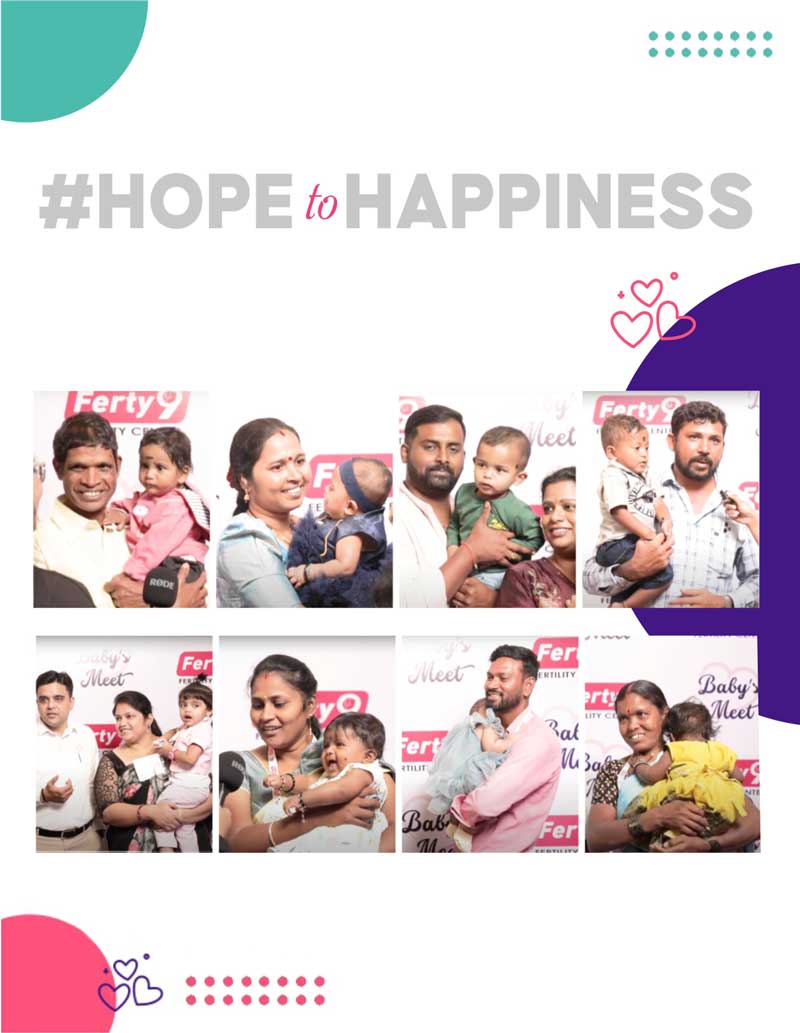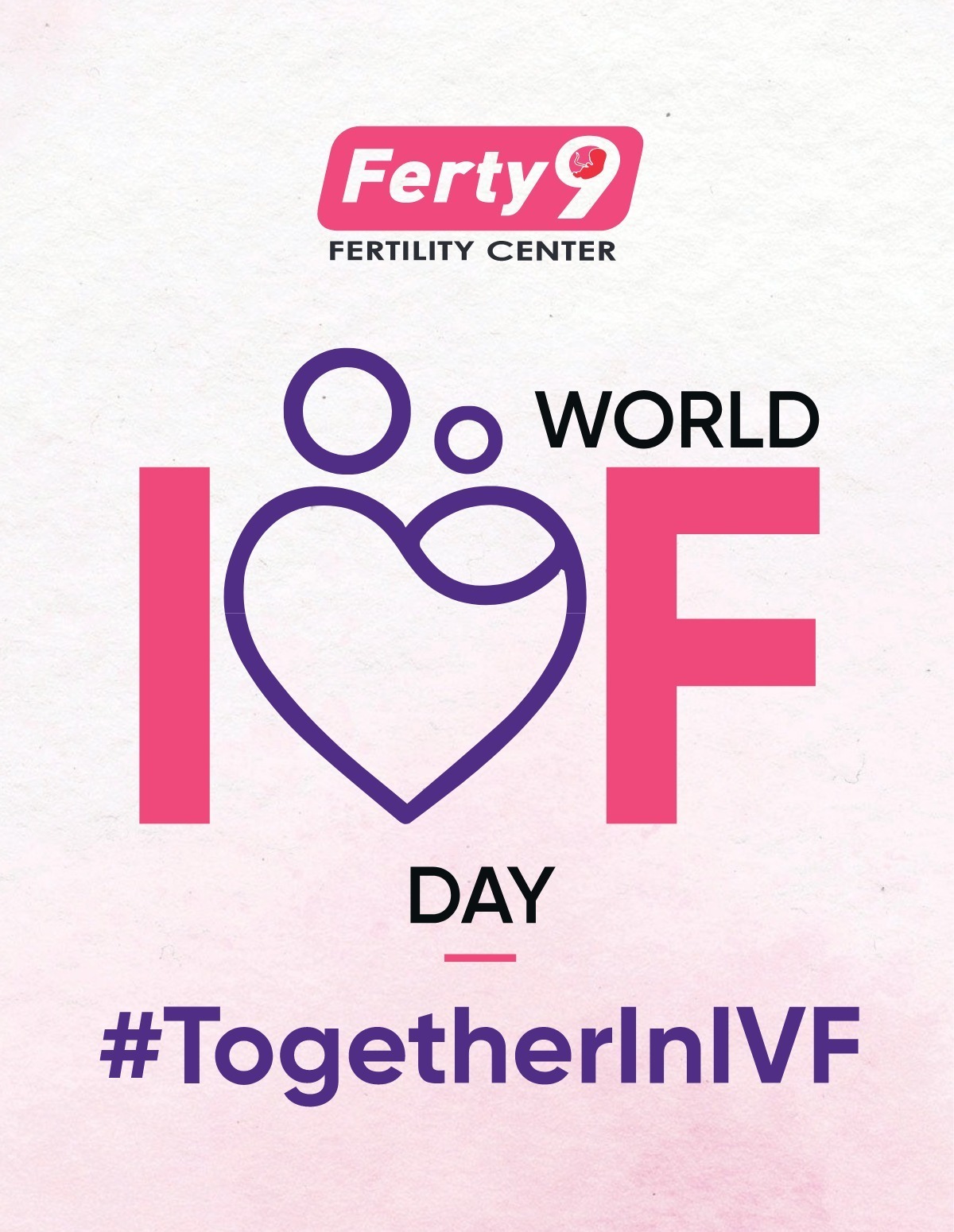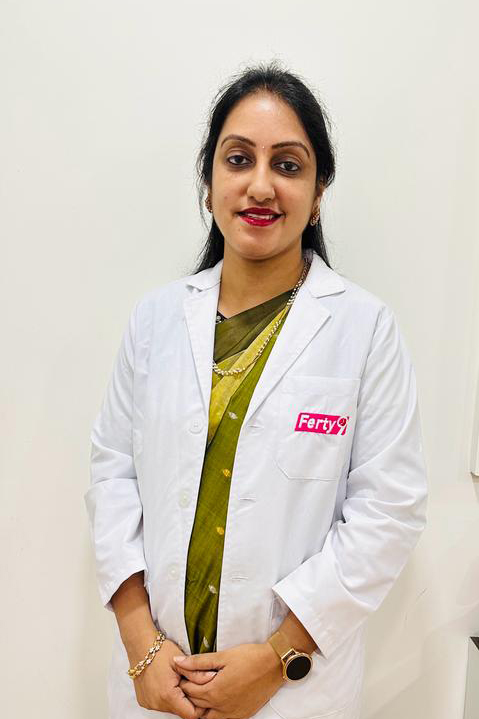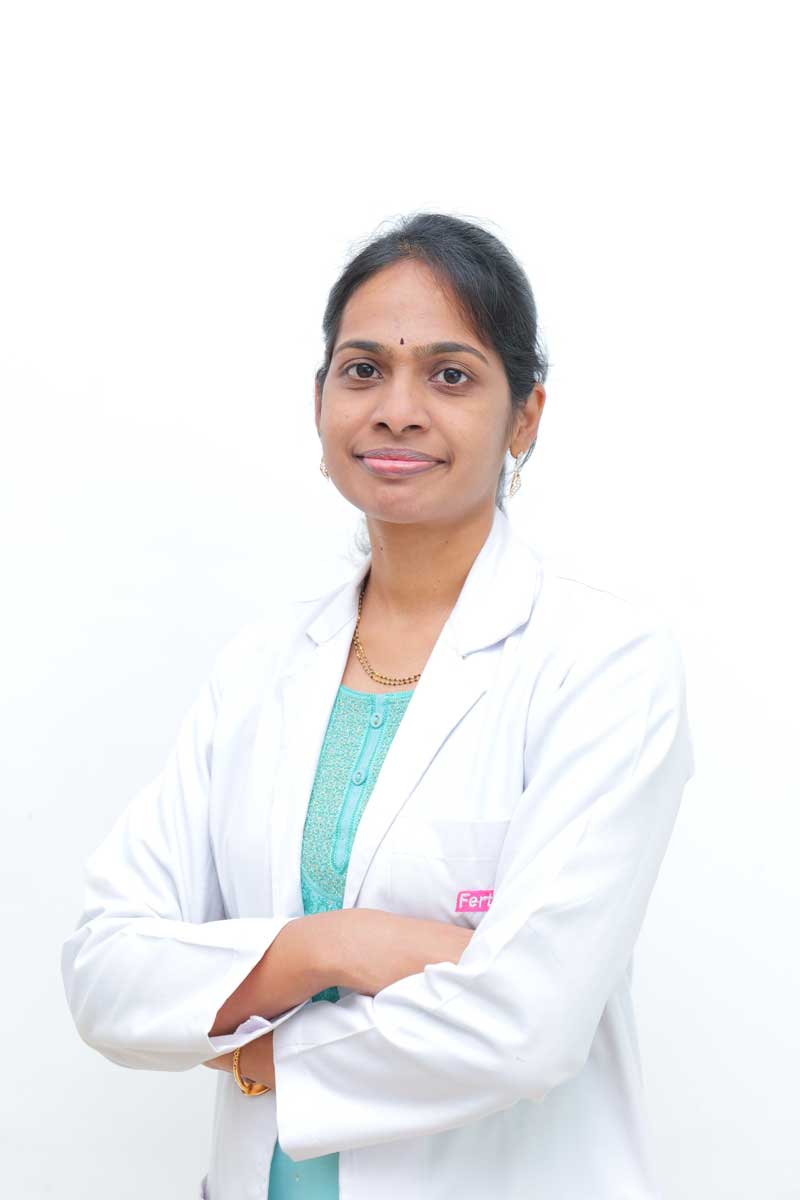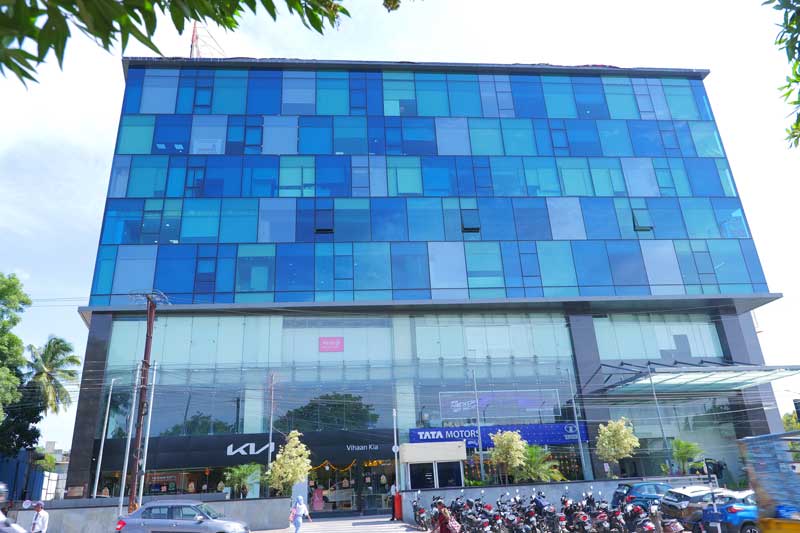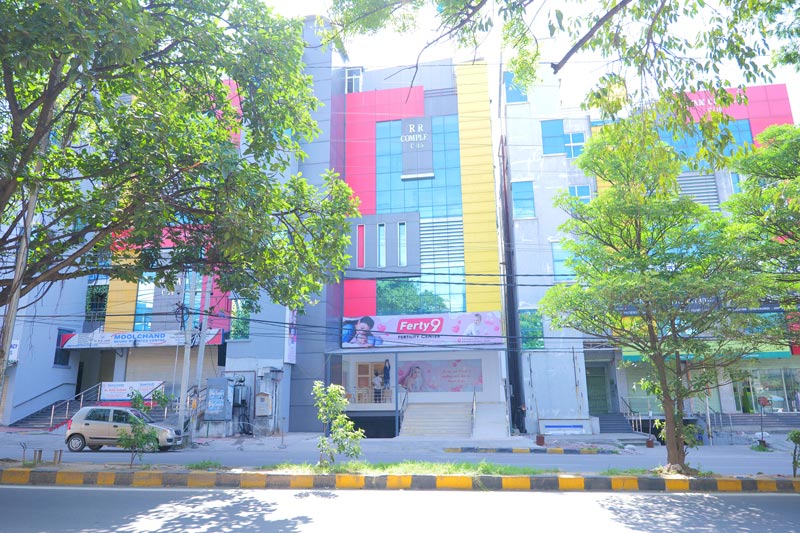Our Services
All fertility solutions under one roof

Our Testimonials
From Struggle to Smiles :
Hear Our Happy Couples
Our Doctors
Dedicated team with a combined experience of 165+ years, committed to delivering excellence in fertility treatments.
Our Locations
7 Cutting-Edge Fertility Clinics Across AP & Telangana
FAQ's
What is infertility & how common it is?
The World Health Organization (WHO) defines infertility as "a disease of the reproductive system defined by the failure to achieve a pregnancy after 12 months or more of regular unprotected sexual intercourse”. This means that a couple is not able to become pregnant after a year of trying. However, for women aged 35 and older, inability to conceive after 6 months is generally considered infertility. Around 17.5% of the adult population – roughly 1 in 6 worldwide – experience infertility.
What lifestyle factors can contribute to infertility?
Factors like smoking, excessive alcohol consumption, obesity, poor diet, high levels of stress and lack of physical activity can negatively affect fertility. Addressing these factors positively can contribute to improved fertility outcomes.
When should I see a fertility specialist?
If You're under 35 and have been trying for a year without a pregnancy or if You're 35 or older and have been trying for six months without pregnancy, you should seek a consultation with a fertility specialist. Additionally, if you have irregular menstrual cycles or certain medical conditions like polycystic ovary syndrome or endometriosis or you had multiple miscarriages or your partner has a history of fertility issues, consider meeting a doctor.
What is In Vitro Fertilization (IVF):
In Vitro Fertilization (IVF) is a medical procedure where an egg is fertilized by sperm outside the body, typically in a laboratory dish. The fertilized embryo is then implanted in the uterus, aiming to establish a successful pregnancy.
When is IVF Treatment recommended?
IVF treatment is often recommended for couples facing challenges in conceiving naturally due to factors such as blocked fallopian tubes, male infertility issues, endometriosis, or unexplained infertility. It may also be suggested when other fertility treatments including medications and surgery have not been successful.
 Chat With Us
Chat With Us




